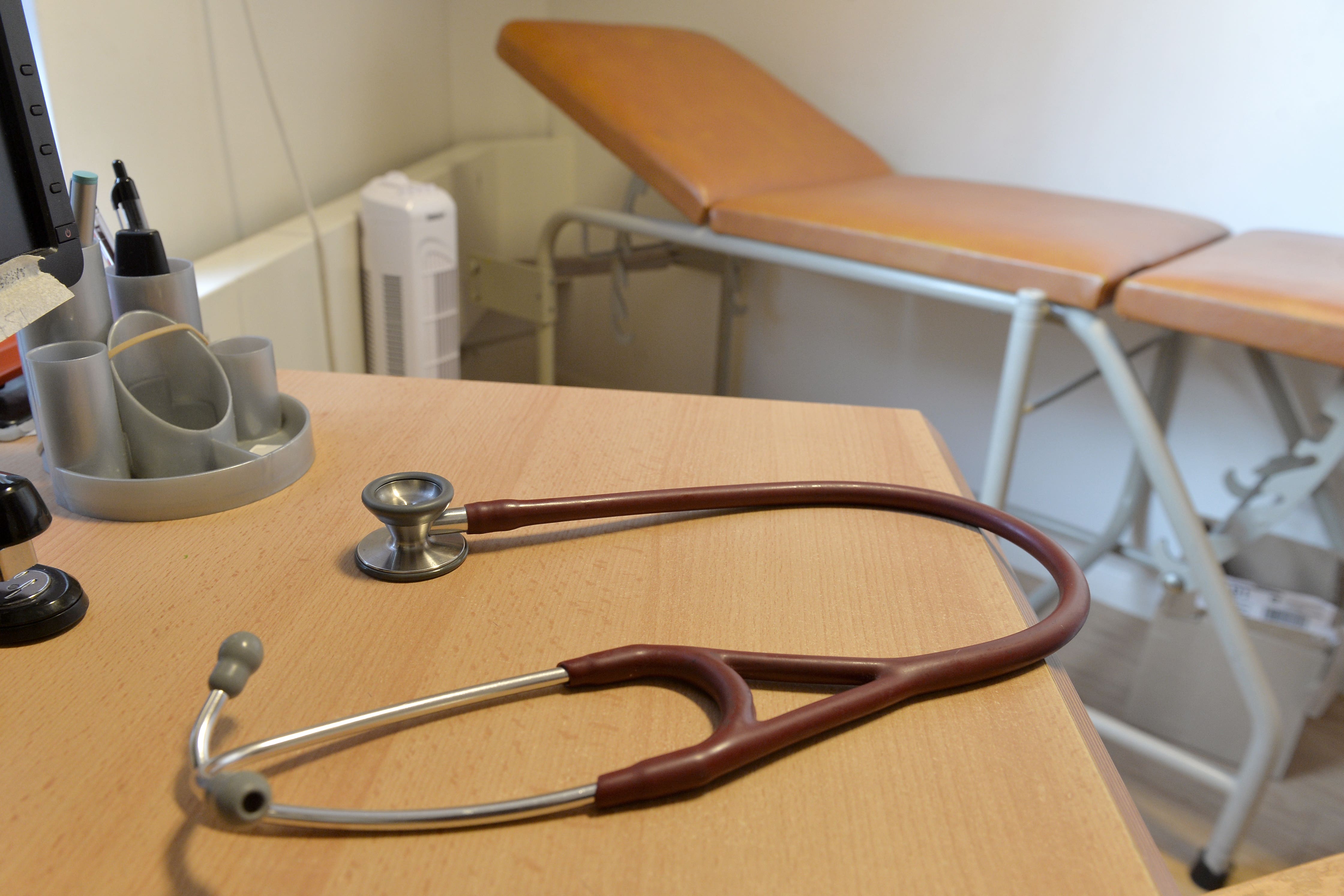Study finds heightened cancer death risk in patients with type 2 diabetes
Researchers found a ‘substantially’ higher risk for deaths caused by certain cancer in patients with type 2 diabetes.

Your support helps us to tell the story
From reproductive rights to climate change to Big Tech, The Independent is on the ground when the story is developing. Whether it's investigating the financials of Elon Musk's pro-Trump PAC or producing our latest documentary, 'The A Word', which shines a light on the American women fighting for reproductive rights, we know how important it is to parse out the facts from the messaging.
At such a critical moment in US history, we need reporters on the ground. Your donation allows us to keep sending journalists to speak to both sides of the story.
The Independent is trusted by Americans across the entire political spectrum. And unlike many other quality news outlets, we choose not to lock Americans out of our reporting and analysis with paywalls. We believe quality journalism should be available to everyone, paid for by those who can afford it.
Your support makes all the difference.People with type 2 diabetes are twice as likely to die from some cancers compared to the general population, according to a new study.
Patients with the condition have an increased risk of dying from from pancreatic, bowel or liver cancers, researchers found.
Women with type 2 also face a higher risk of dying from endometrial cancer.
Overall, people with the condition have an 18% increased risk of dying from cancer, according to the new study which has been published in the journal Diabetologia.
Researchers from the University of Leicester said that cancer risk should be given “a similar level of attention” as other complications of type 2 diabetes, such as the increased risk of heart disease.
The study, funded by charity Hope Against Cancer, found that women with type 2 diabetes had a 9% increased risk of dying from breast cancer – and risk appeared to be increasing.
Our findings underline the growing cancer burden in people with type 2 diabetes.
They suggested that it could be beneficial to extend breast cancer screening – currently offered to women aged 50 to 71 in England – so that younger women with type 2 diabetes could be screened.
The team examined data on 137,804 people in the UK with type 2 diabetes with an average age of 64 and tracked them for 8.4 years.
During the follow-up period, more than 39,000 people involved with the study died.
Across the period studied – 1998 to 2018 – researchers analysed trends in mortality among those in the study and compared them to people in the general population.
They found that cancer death rates among people with type 2 diabetes aged 55 years and 65 years decreased slightly during the study period.
But they increased among people aged 75 years and 85 years.
The authors wrote: “Our findings underline the growing cancer burden in people with type 2 diabetes, particularly in older individuals, and highlight the need to prioritise cancer prevention, research and early detection and management in this population, especially for colorectal, pancreatic, liver and endometrial cancer, whose mortality rates were substantially higher in individuals with type 2 diabetes than in the general population.”
Commenting on the study, Dr Lucy Chambers, head of research communications at Diabetes UK, said: “If you’re living with type 2 diabetes, over time, high blood glucose, blood pressure and blood fat levels can cause serious long-term damage to the body, including to the eyes, heart, nerves and kidneys.
“Type 2 diabetes is also linked to increased risk of developing certain types of cancer, and both conditions can have common risk factors.
“This research indicates that while people with type 2 diabetes in the UK tend to be living longer, deaths from some type of cancers appear to be increasing, particularly in older people with type 2 diabetes.
“These findings highlight the need for further research into cancer causes and prevention in this population.”